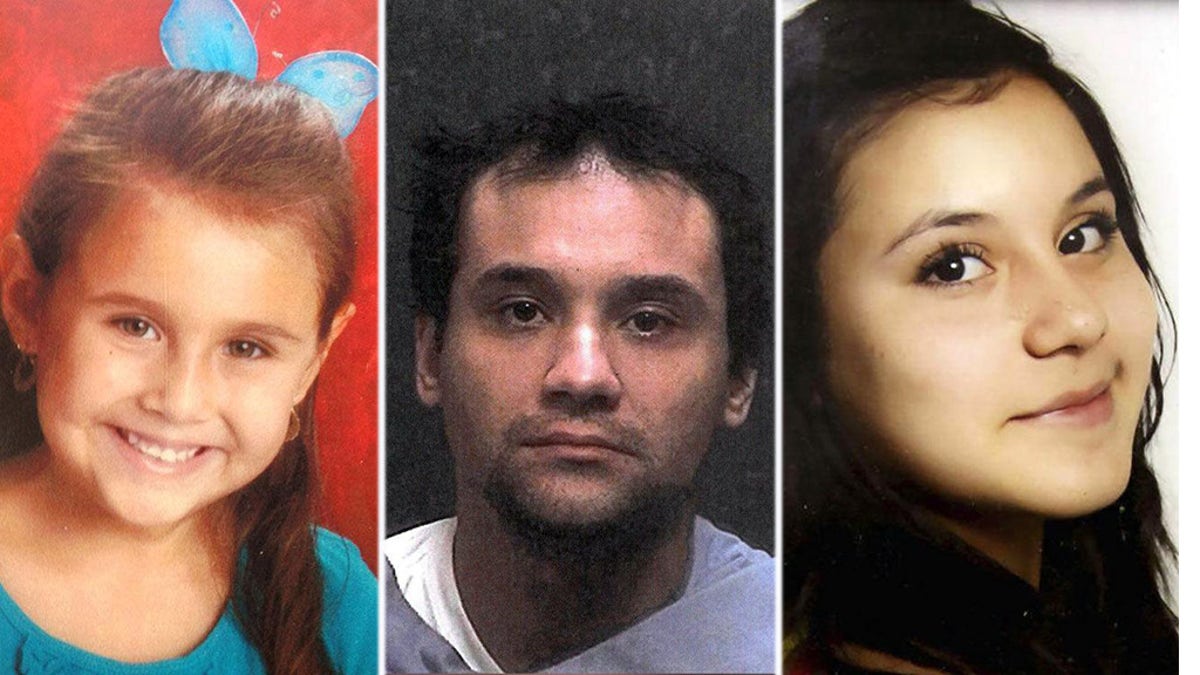Fox News Flash top headlines for March 2
Fox News Flash top headlines are here. Check out what's clicking on Foxnews.com.
Jurors began deliberations Thursday in the second murder trial of a man accused of killing two Tucson girls a couple years apart.
Christopher Clements is facing first-degree murder, kidnapping and other felony charges in the death of 6-year-old Isabel Celis, who was reported missing from her bedroom in her parents’ home in April 2012.
Last September, Clements was sentenced to natural life in prison after being convicted in the 2014 death of 13-year-old Maribel Gonzalez.
A different Pima County Superior Court jury heard 10 days of testimony from 30 witnesses in Clements’ second murder trial that began Feb. 14.
Clements, 41, declined to take the stand and testify in his own defense before closing arguments Wednesday.

Christopher Matthew Clements, center, was indicted in the killings of Isabel Celis, left, and Maribel Gonzalez, right. (Tucson Police Department)
Deputy Pima County Attorney Tracy Miller told jurors that although there were no eyewitnesses, fingerprints or DNA, the state presented an overwhelming amount of circumstantial evidence showing that only Clements could be responsible for Celis’ disappearance and death.
Defense attorney Eric Kessler said prosecutors failed to prove their case.
ARIZONA MAN CONVICTED OF KILLING TUCSON TEEN FACES ANOTHER MURDER TRIAL
Clements, a convicted sex offender with a long criminal record, was arrested in 2018 and indicted on 22 felony counts in the two girls’ deaths.
Gonzalez disappeared while walking to a friend’s house in June 2014 and authorities said her body was found days later in a remote desert area.
Celis’ remains weren’t recovered until 2017. Authorities said Clements was identified as a suspect in March of that year after he led federal investigators to her remains in exchange for the dropping of unrelated charges.
CLICK HERE TO GET THE FOX NEWS APP
Clements said he had nothing to do with Celis’ death and he only knew the location of the body, according to authorities.
Kessler said having knowledge of a crime isn’t illegal and there are "any number of ways he could have known."
He said it was up to the state to prove how Clements knew and prosecutors failed to do that.









































